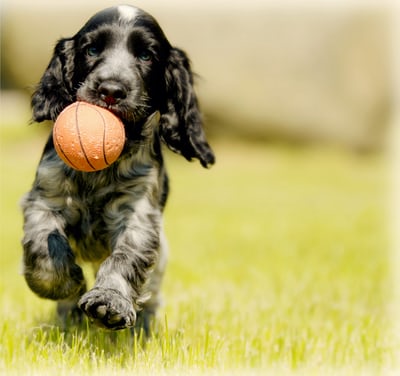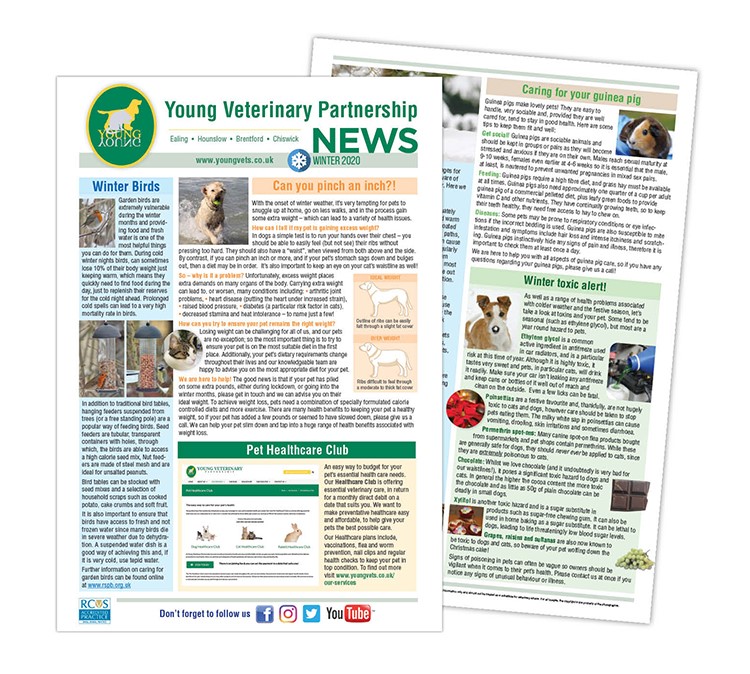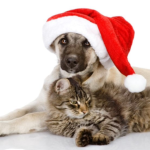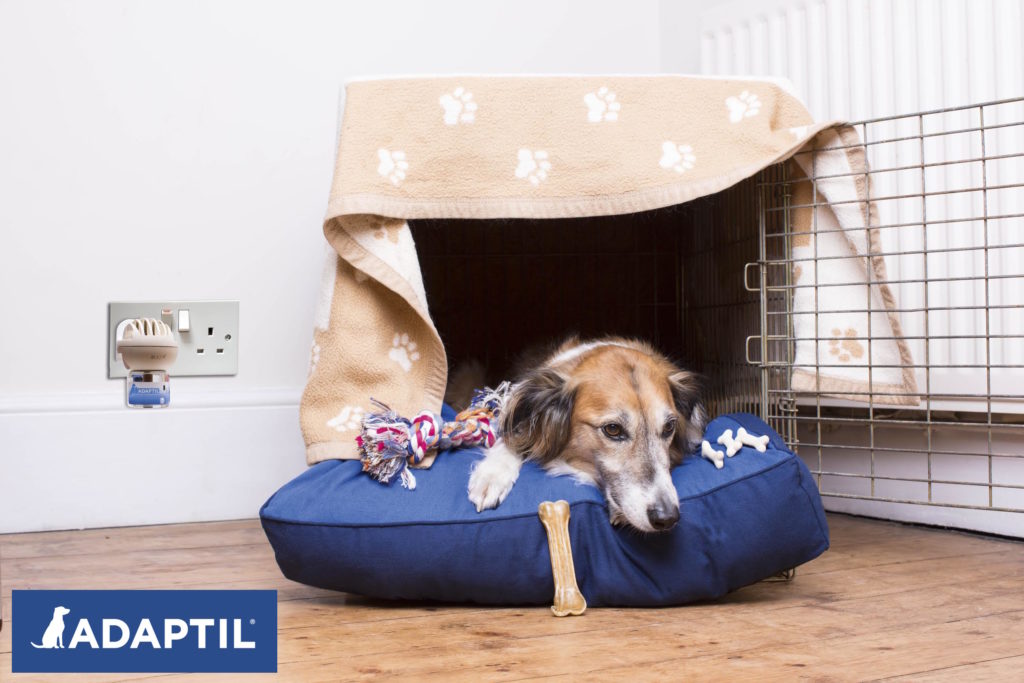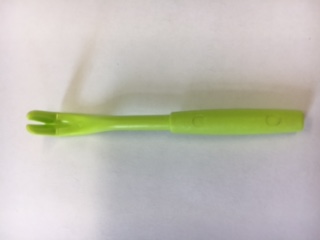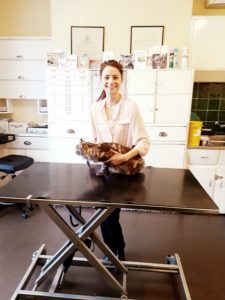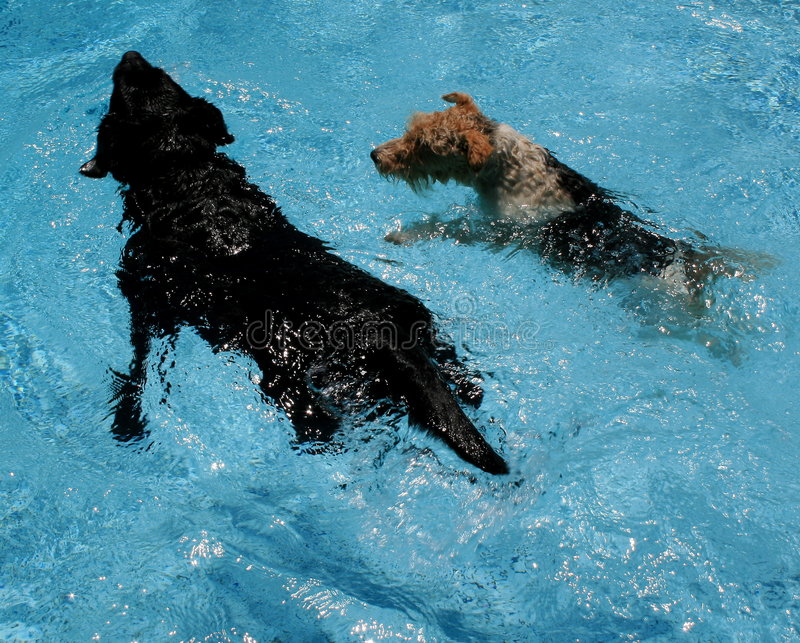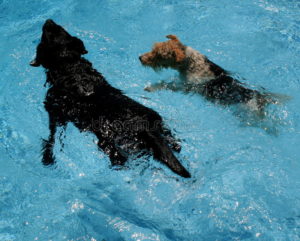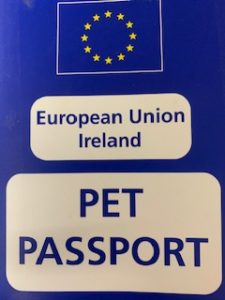My dog just got diagnosed with arthritis – what are my options?
My dog just got diagnosed with arthritis – what are my options? Receiving a diagnosis of arthritis in your dog can be a worrying time; you may be concerned about how you manage the condition and have questions about what it will mean for your dog. In this short article, we will look at what arthritis is, discuss the many different treatment options that we now have available to manage the condition and what you can do at home to help your dog.
What is arthritis?
Arthritis is a painful condition of one or more joints, and it can affect dogs of all sizes, ages and breeds. Arthritis in dogs can be due to developmental orthopaedic disease, for example, hip or elbow dysplasia, though some cases do not have any obvious cause and may be due to genetics or age. The condition causes pain and dysfunction of the affected limb, which may be evident through altered mobility, activity level or limping. Though it is a painful and progressive disease that unfortunately cannot be cured, we do now have many options available that can provide pain relief, slow the progression and achieve a good quality of life for affected dogs.
How do we treat/manage arthritis?
We will achieve this through a combination of approaches with our main aims being to relieve pain, maximise comfort, maintain mobility and muscle strength. A variety of medications are available from your vet to address both the pain. Non-steroidal anti-inflammatories (NSAIDS) have been a main stay for therapy for several years and have helped many dogs, however veterinary medicine is continually progressing, and we now have new therapies available to expand our choice with respect to treatment options.
Though you will be working closely with your vet with respect to which medication is most suitable for your dog, there are many things that you can also do that can really make a difference.

Weight control:
If your dog is overweight, this should be addressed; extra weight places increased strain upon the joints. Most veterinary practices run weight clinics for pets and would be happy to help your dog achieve their goal weight in a safe and controlled manner.
Exercise:
Maintaining mobility is important, both from a joint function and a quality of life point of view. Rather than taking your dog on long walks, which run the risk of exacerbating joint pain and inflammation, change your routine to introduce shorter, more frequent walks. Hydrotherapy is also a great option for dogs that like the water, this allows a dog to exercise their muscles without excessive joint strain and is also a good tool to aid with weight loss where this is needed.
Comfort in and around the home:
A comfortable bed is appreciated by all dogs but providing a supportive bed is particularly important for a dog with arthritis as this will maximise the chance of them getting some good quality sleep. Wooden or laminate floors can be difficult for dogs with arthritis to navigate; the lack of grip can lead to slips and falls which can worsen joint damage and pain. Providing non slip mats or rugs can help your dog to get around the house safely. The use of ramps for getting into cars is also important to prevent excessive joint strain as a dog attempts to jump into a boot; they will also save your back from injury!
To conclude, though receiving a diagnosis of arthritis can be concerning, there are many veterinary options available to control pain and many management strategies that can be used to ensure your dog can enjoy a good quality of life even after diagnosis.
Here at Young Vets, we believe that preventative healthcare is very important, as many diseases and problems can be prevented or treated more effectively with early intervention. To help pet owners, we offer a Pet Healthcare Club to help spread the cost of your pets veterinary essentials across affordable monthly payments on a date that suits you.
This blog has been written by Jayne Clark MRCVS, and provided by dogdialog on behalf of Zoetis.

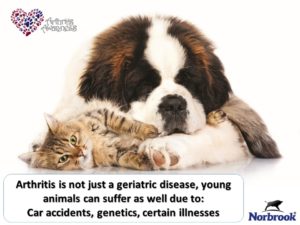
![]()
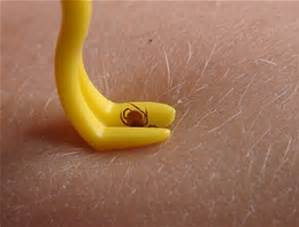
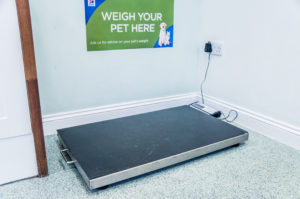



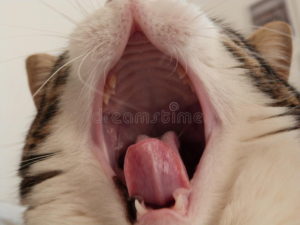

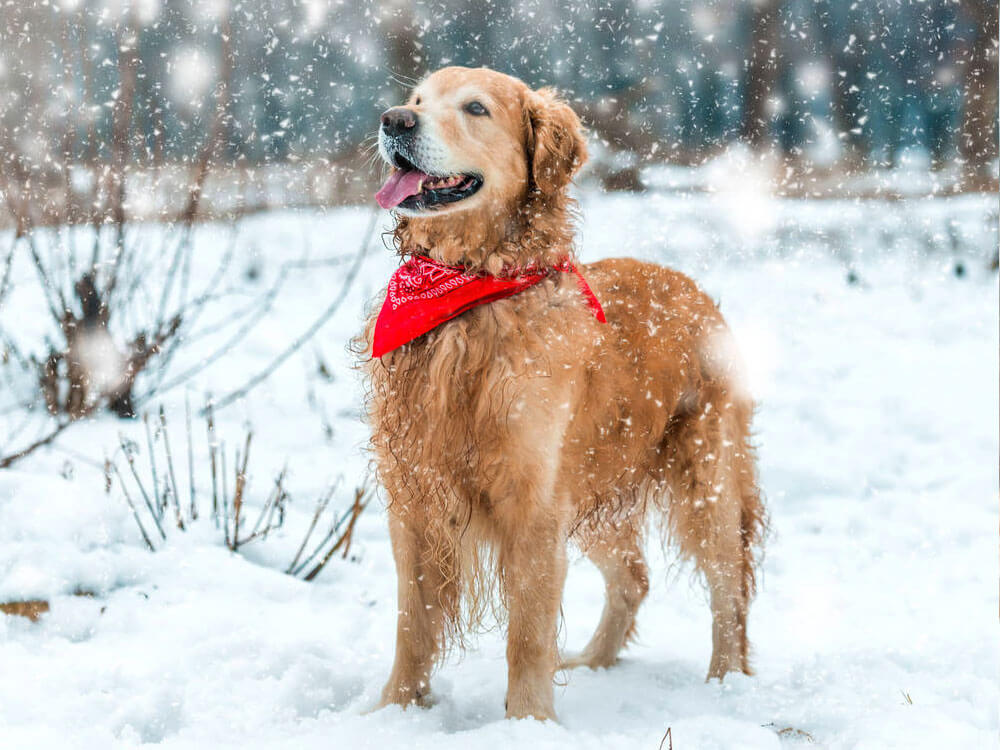
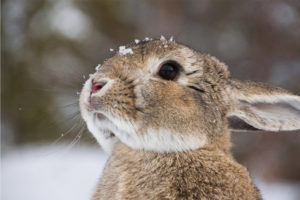






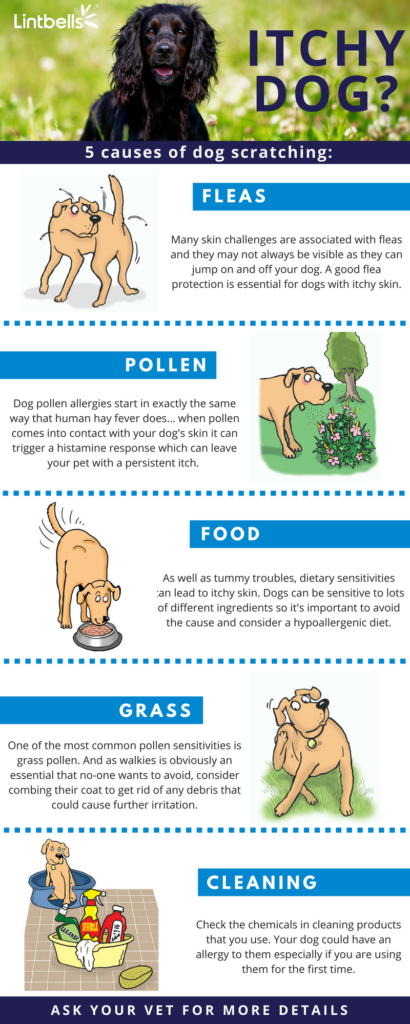
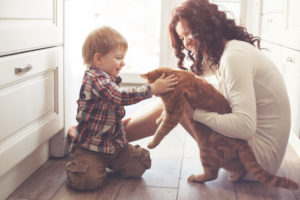
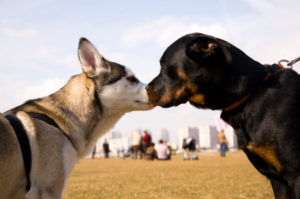
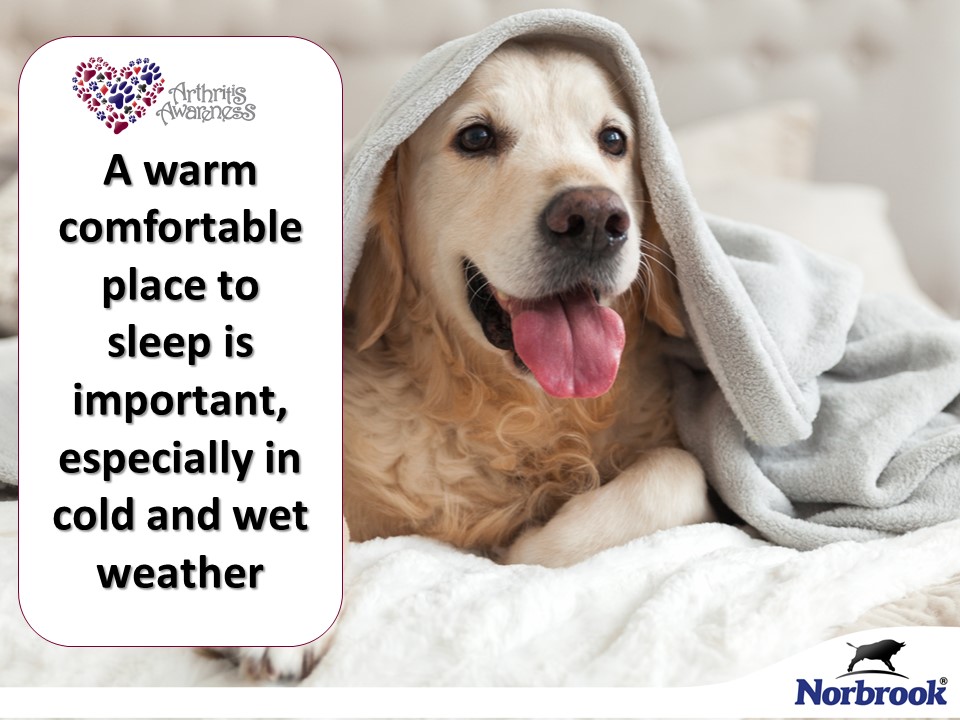





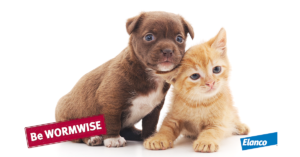
 area – looking for a vet to help you care for your pet?
area – looking for a vet to help you care for your pet? 